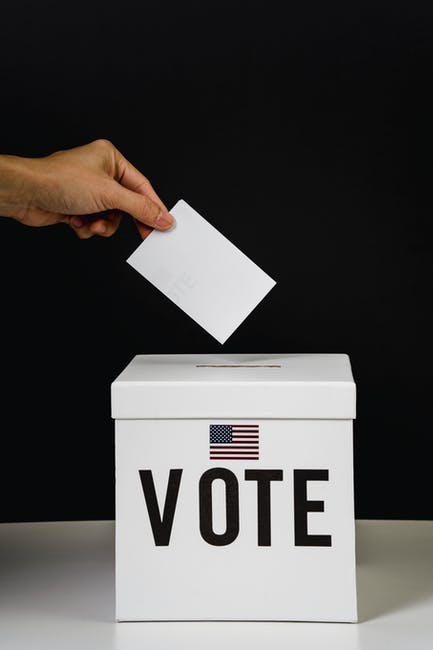Should there be a nationwide voter ID law to prevent voter fraud?
The integrity of the electoral process is the cornerstone of American democracy. Ensuring that every vote cast is legitimate and that the electoral process is secure is crucial for maintaining public confidence in the outcomes of elections. From a conservative perspective, implementing a nationwide voter ID law is essential for safeguarding the integrity of elections, preventing voter fraud, and upholding the principle of “one person, one vote.” Here’s why a nationwide voter ID law should be enacted and how it aligns with conservative values of security, fairness, and accountability.
Ensuring Electoral Integrity
A nationwide voter ID law is a straightforward and effective measure to ensure the integrity of the electoral process. By requiring voters to present valid identification at the polls, we can verify that each vote is cast by a legitimate, eligible voter. This verification process helps prevent instances of voter fraud, such as impersonation, double voting, and voting by ineligible individuals. Ensuring that only eligible voters participate in elections is fundamental to the principle of democratic governance.
Preventing Voter Fraud
Although instances of voter fraud are relatively rare, even a small number of fraudulent votes can undermine public trust in the electoral process. Voter ID laws provide a robust mechanism to prevent various forms of fraud, including the use of false identities and the exploitation of outdated voter rolls. By implementing a nationwide voter ID law, we take proactive steps to protect the integrity of elections and assure citizens that their votes are not being diluted by fraudulent activities.
Promoting Fairness and Equality
A nationwide voter ID law promotes fairness and equality by ensuring that all voters are subject to the same verification standards, regardless of where they live. Currently, voter ID requirements vary widely from state to state, creating inconsistencies and potential vulnerabilities in the electoral system. A uniform national standard would eliminate these discrepancies, providing a consistent and equitable framework for all voters. This consistency reinforces the principle that every vote should be treated with equal importance and scrutiny.
Enhancing Public Confidence
Public confidence in the electoral process is essential for the legitimacy of democratic institutions. When citizens believe that elections are free, fair, and secure, they are more likely to accept the outcomes and participate in future elections. A nationwide voter ID law can help bolster public confidence by addressing concerns about voter fraud and ensuring that the electoral process is transparent and trustworthy. By taking concrete steps to protect the integrity of elections, we enhance the credibility and legitimacy of democratic governance.
Streamlining Election Administration
A nationwide voter ID law can simplify and streamline election administration by providing a clear and uniform standard for verifying voter eligibility. Election officials across the country would benefit from having a consistent set of procedures to follow, reducing confusion and administrative burden. This standardization can improve the efficiency and effectiveness of the electoral process, making it easier for officials to manage elections and for voters to understand the requirements.
Addressing Concerns About Accessibility
Critics of voter ID laws often argue that they can disenfranchise certain groups of voters, particularly minorities, low-income individuals, and the elderly. However, these concerns can be addressed through thoughtful implementation and outreach. Providing free or low-cost identification options, conducting public education campaigns, and ensuring that ID-issuing offices are accessible and adequately resourced can help mitigate potential barriers to obtaining identification. By taking these steps, we can ensure that all eligible voters have the opportunity to obtain the necessary ID and participate in elections.
Upholding the Principle of “One Person, One Vote”
The principle of “one person, one vote” is a fundamental aspect of democratic governance. Ensuring that each vote is cast by an eligible voter and that no individual has an undue influence on the outcome of elections is crucial for upholding this principle. A nationwide voter ID law helps protect the sanctity of each vote by preventing fraudulent and ineligible voting. This protection ensures that every legitimate vote is counted and that the voices of all eligible voters are heard and respected.



